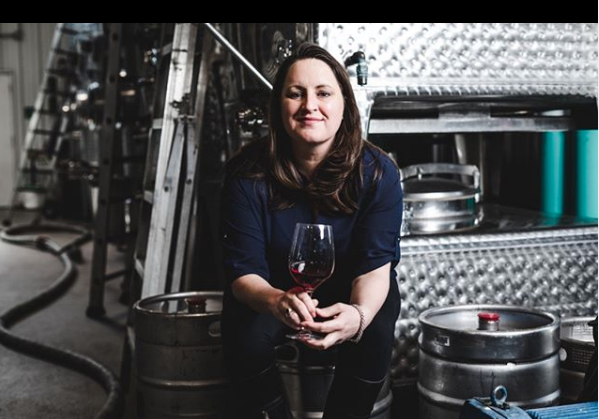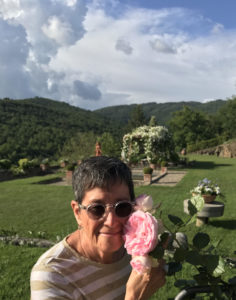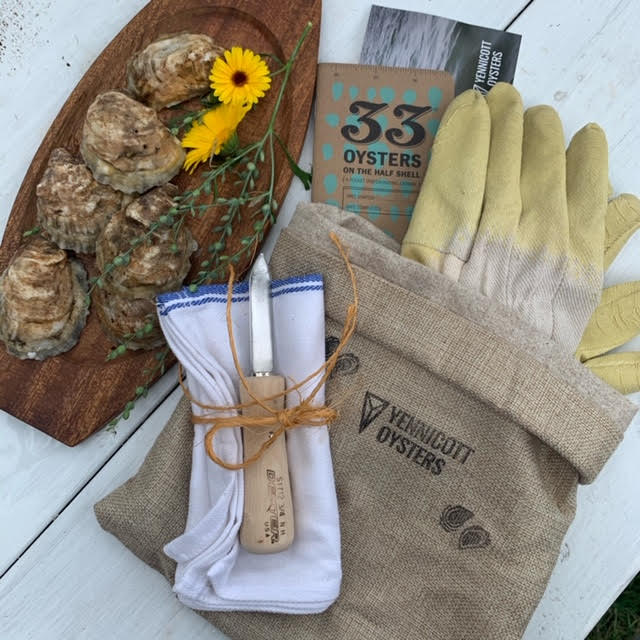You Are Invited to ‘The Wild’ National Livestream Event
You Are Invited to The Wild National Livestream Event
Eva’s Wild will donate 50% of all proceeds from ticket sales purchased via the links in this e-mail with Slow Food USA, all of which will be reserved for the Slow Fish North America working group.
Tickets are available on a sliding scale.Slow Fish North America cordially invites you to the North America Livestream Premiere screening event of the award-winning documentary, THE WILD, which will take place virtually Aug. 6th at 8 p.m. EST/5 p.m. PST. This online gathering serves as an urgent call-to-action for individuals, organizations and communities to tell the U.S. Environmental Protection Agency to veto the permitting of a Canadian mining company seeking to excavate North America’s largest open-pit copper mine in Bristol Bay, Alaska—home to the last fully intact salmon system in the world.The seesaw legal battle between Pebble Mine and opposition groups spans over two decades, and the apex of this battle is expected to emerge with a decision by Aug. 30 – just weeks away. If Pebble Mine is excavated, its waste could contaminate critical waters that feed the last fully intact wild salmon system on earth and could ruin this fully sustainable food source and economy, forever.
Here’s why this issue has the attention of celebrities, fishermen, educators, chefs, tribes, theaters and lawmakers around the country:
- This is America’s food security – Bristol Bay’s sustainable salmon fishery is an inexhaustible supply of wild food that makes itself.
- The U.S. EPA estimates the mine could grow to be nearly as deep as the Grand Canyon, cover an area larger than Manhattan and fill a major football stadium up to 3,900 times with mine waste.
- This proposed low-grade sulfur mine would be located upstream of Bristol Bay’s two most productive river systems.
- The location is in a seismically active region, where ground shifting could contribute to the risk of a massive tailings-dam breach.
- Indigenous people and others stand to lose a millennia-old culture and an organic food supply that could last forever if undisturbed.
- This threatens the $1.8 BILLION fishing industry, 14,000 American jobs and 46% of the world’s supply of sockeye salmon.
This pioneering livestream of THE WILD is not just a screening, but an experience, and will include live conversations with film director Mark Titus, luminaries from the film and fierce stakeholders in the fight for Bristol Bay; critical calls-to-action for participants; an opportunity to purchase wild Bristol Bay salmon shipped to registrants’ doors with recipes and rubs – and an action kit and virtual reality goggles to explore Bristol Bay from the comfort of participants’ own homes.
“As a fisherman who has witnessed the salmon runs in my home-waters of the Pacific Northwest wither away, I understand Bristol Bay is our last chance to get it right,” said Titus. “Bristol Bay is the last fully intact wild salmon run on our planet. We need to save it for the Indigenous people who have relied on wild salmon for 4,000+ years and for every American who benefits from the last wild places on earth. We have to save what we love, together.”
THE WILD features vibrant characters from Bristol Bay and luminaries like Congressional Gold Medal recipient Steve Gleason; Patagonia founder Yvon Chouinard; climate-change artist Zaria Forman; celebrity chef Tom Colicchio; Yupik artist Apayu’q Moore; actor Mark Harmon; James Beard Award winning chef, Tom Douglas and actor/activist Adrian Grenier.
The virtual event will provide education on this issue and further elevate the voices across the U.S. and Canada who oppose Pebble Mine, which also include some of the largest financial, environmental and outdoor sporting groups in North America, such as Orvis, Tiffany & Co., The Natural Resource Defense Council and Trout Unlimited.
To follow THE WILD on social media and help spread the word about the event click HERE25% of ticket sales from the August 6th event goes to the coalition working to save Bristol Bay.
Ticket price is valued at $12 but will be sold on a sliding scale so anyone may attend the event.


 We at Slow Food East End are super excited our chair, Dr. Pennie Schwartz, will be interviewed on News12 about the grants we’ve given to East End food producers to help them make it through the pandemic. Also featured Noah Schwartz, whose
We at Slow Food East End are super excited our chair, Dr. Pennie Schwartz, will be interviewed on News12 about the grants we’ve given to East End food producers to help them make it through the pandemic. Also featured Noah Schwartz, whose 
